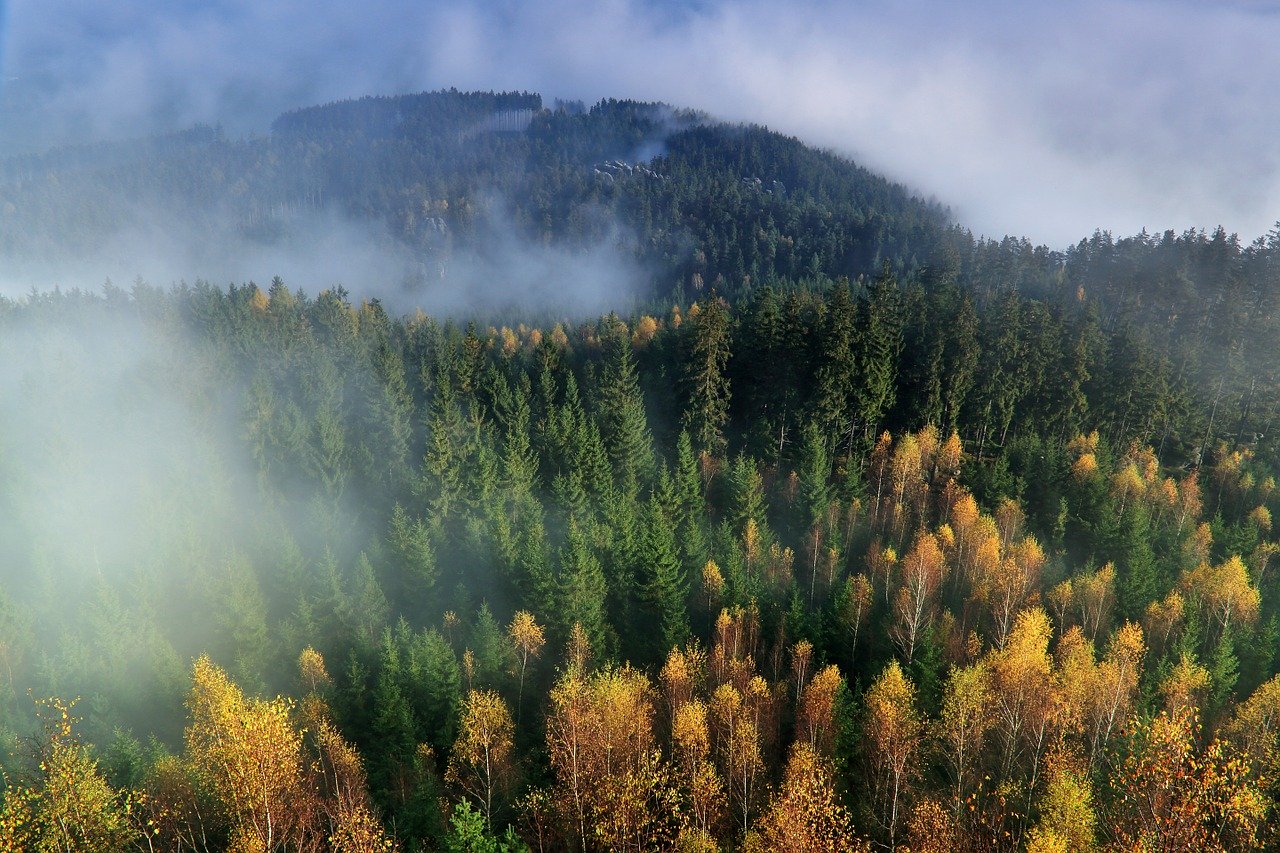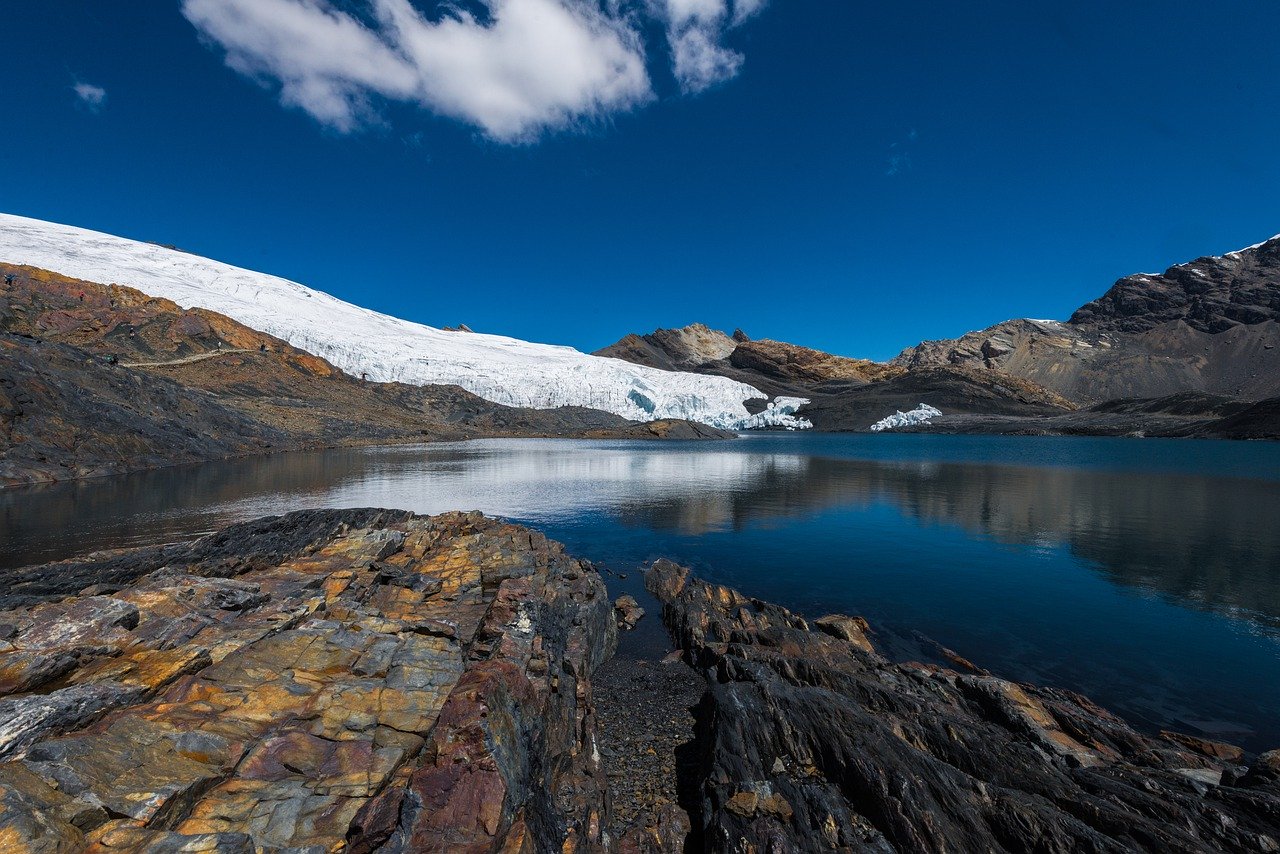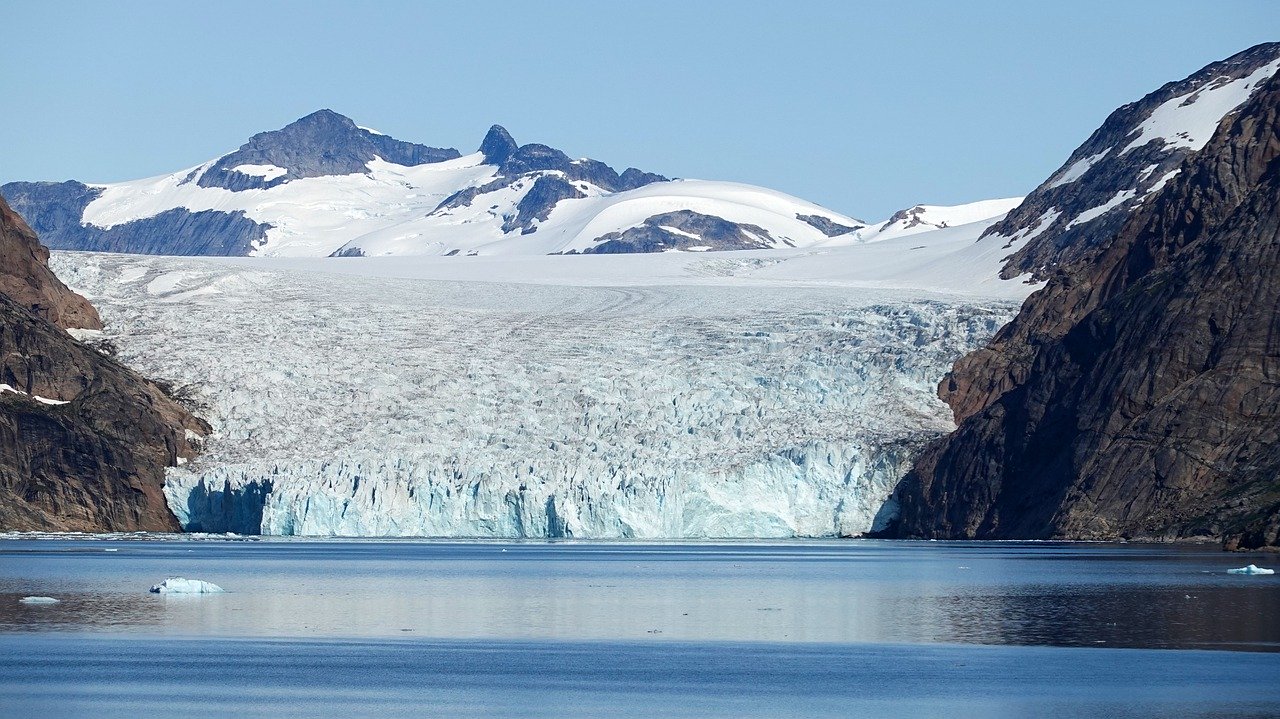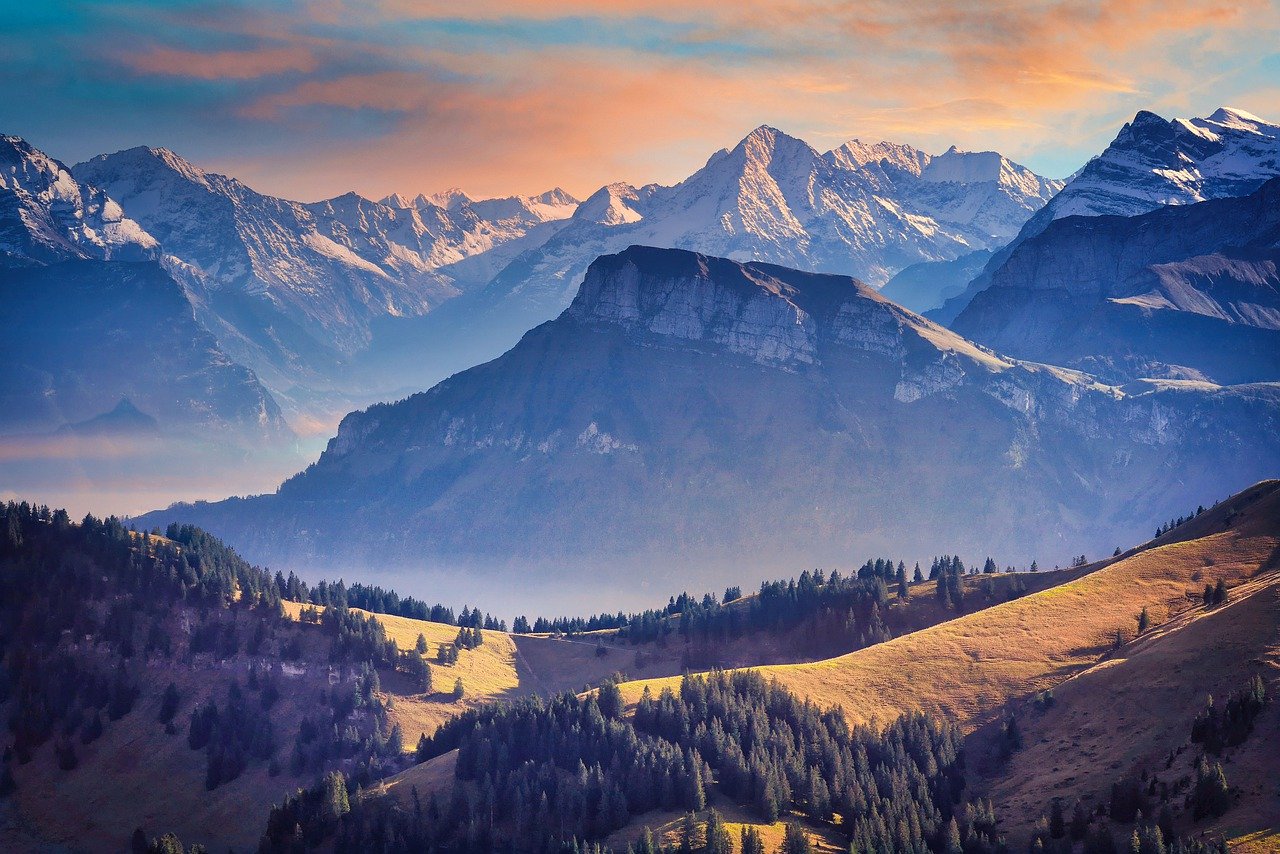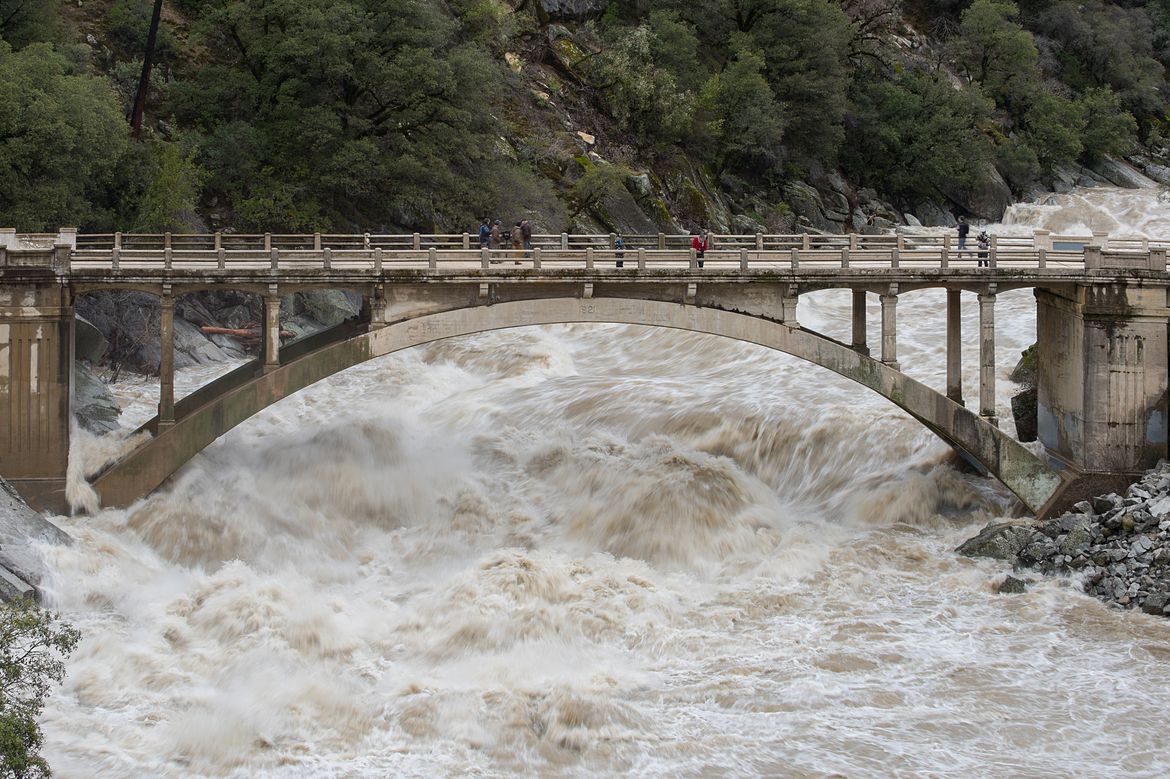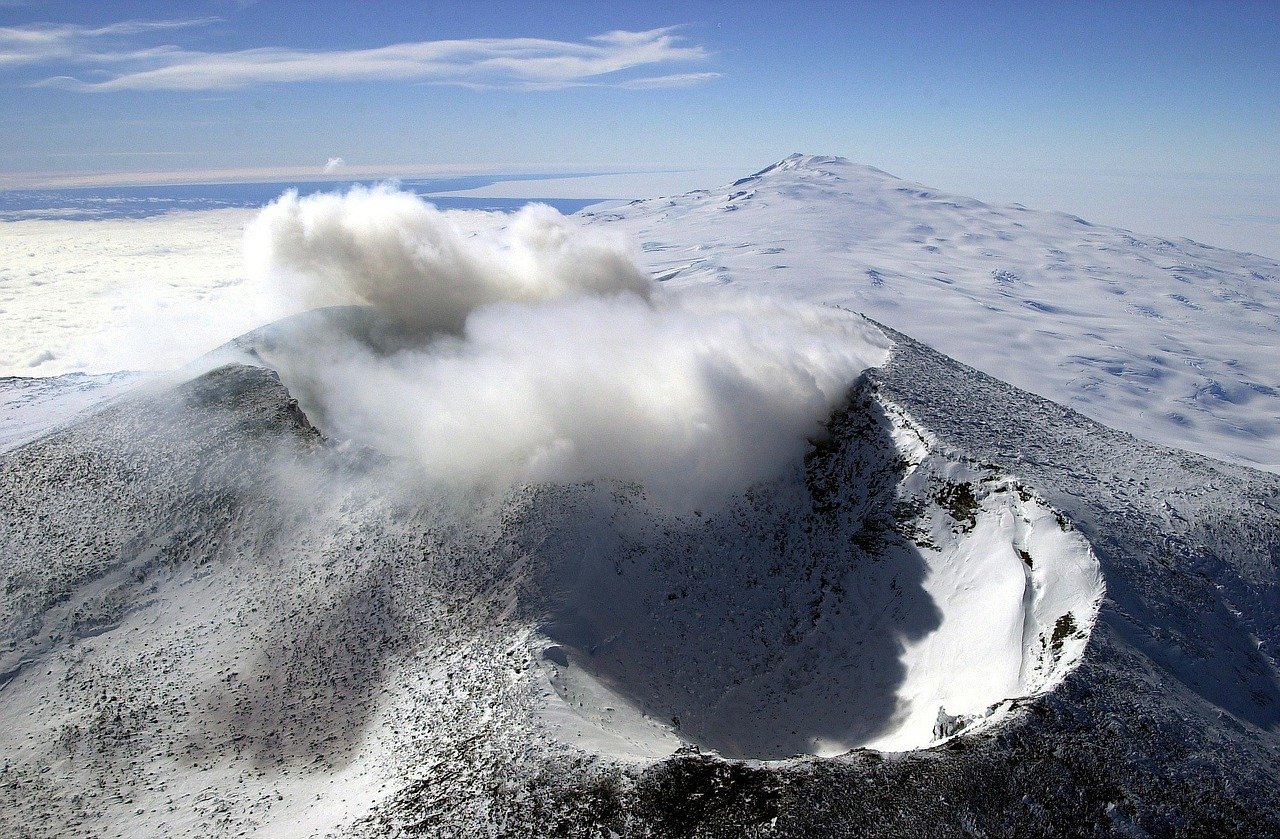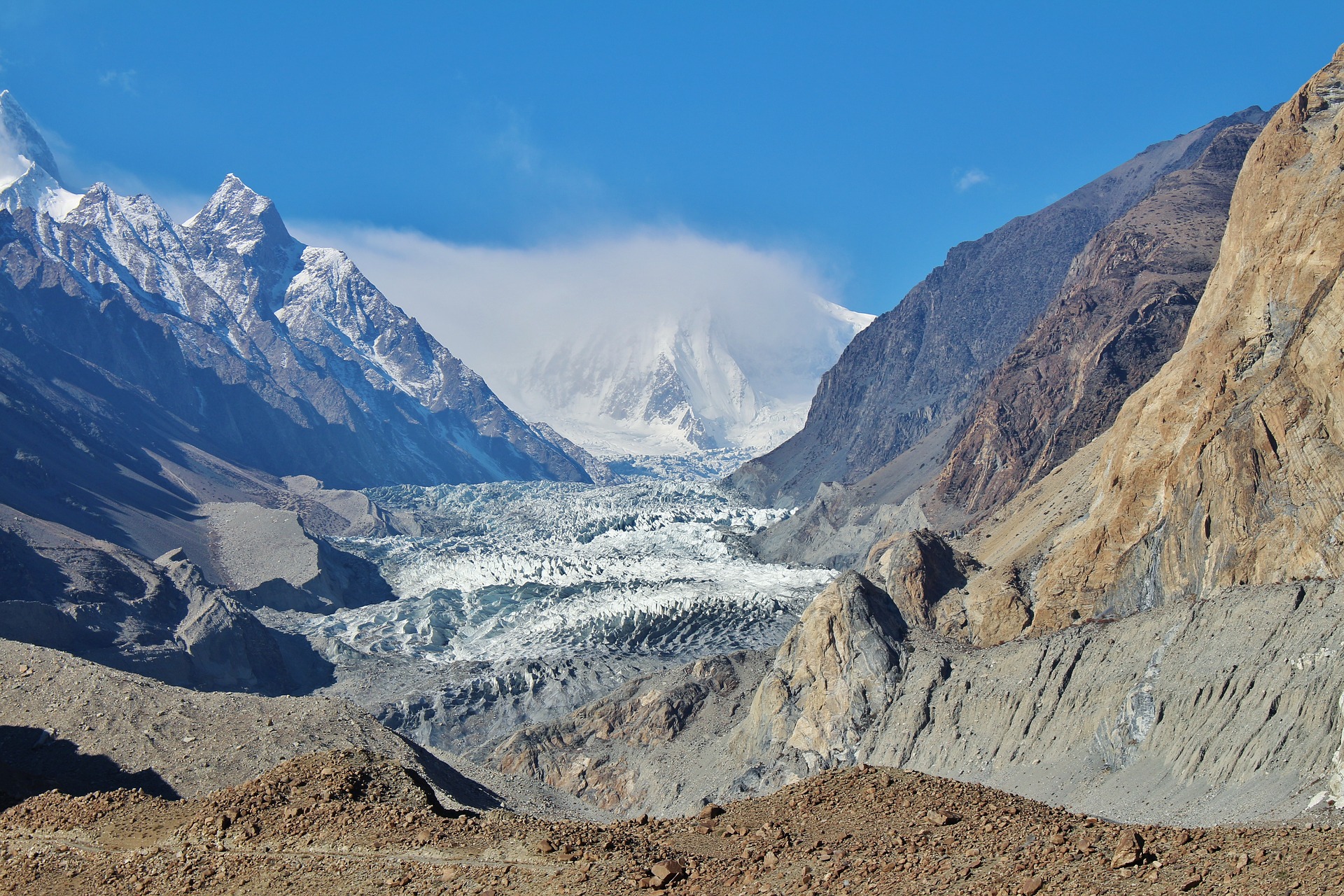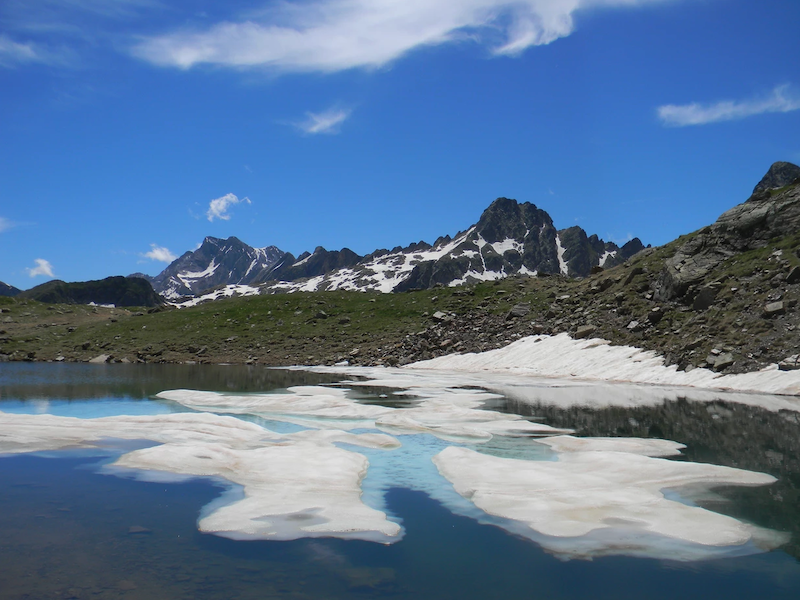Global News
- Details
- Category: Global News
Welcome to our September 2020 round-up of new publications! This list, updated each week, contains articles relevant to mountain research that you won't want to miss this month.
Is there an article that the mountain research community should know about? This email address is being protected from spambots. You need JavaScript enabled to view it.
- Details
- Category: Global News
GlacierMap is an online geography research project calling upon contributions from the general public to help map all the glaciers in the Cordillera Blanca of the Peruvian Andes.
The App was designed with two primary purposes: the first, to promote education of glacier change and the knock-on impacts for downstream communities and environments; the second, to collect data on glacier area change in the region through 'crowd sourcing' and contribute to the understanding of rate of glacial retreat in response to climate pressures.
- Details
- Category: Global News
Nearly 40 years of satellite data from Greenland shows that glaciers on the island have shrunk so much that even if global warming were to stop today, the ice sheet would continue shrinking.
The finding, published August 13 in the journal Nature Communications Earth and Environment, means that Greenland's glaciers have passed a tipping point of sorts, where the snowfall that replenishes the ice sheet each year cannot keep up with the ice that is flowing into the ocean from glaciers.
- Details
- Category: Global News
Welcome to our August 2020 round-up of new publications! This list, updated each week, contains articles relevant to mountain research that you won't want to miss this month.
Is there an article that the mountain research community should know about? This email address is being protected from spambots. You need JavaScript enabled to view it.
- Details
- Category: Global News
UCLA study finds that continued climate change will deliver a dangerous one-two punch for the state’s water managers.
By the 2070s, global warming will increase extreme rainfall and reduce snowfall in the Sierra Nevada, delivering a double whammy that will likely overwhelm California’s reservoirs and heighten the risk of flooding in much of the state, according to a new study by University of California, Los Angeles (UCLA) climate scientists.
- Details
- Category: Global News
A new analysis of sandstones from Antarctica indicates there may be important links between the generation of mountain belts and major transitions in Earth's atmosphere and oceans.
A team of researchers analyzed the chemistry of tiny zircon grains commonly found in the Earth's continental rock record to determine their ages and chemical compositions. The team included scientists from the University of Wisconsin Oshkosh, Michigan Technological University, and ETH Zurich in Switzerland.
- Details
- Category: Global News
A new study which provides a global estimate of rock cover on the Earth’s glaciers has revealed that the expanse of rock debris on glaciers, a factor that has been ignored in models of glacier melt and sea level rise, could be significant.
The Northumbria University study, which has been published in Nature Geoscience this week, is the first to manually verify the rock debris cover on every one of the Earth’s glaciers.
- Details
- Category: Global News
As part of the MRI's mission to promote global change mountain research, we are excited to bring visibility to the six projects that form the Belmont Forum’s ‘Mountains as Sentinels of Change’ program by highlighting a different one each month.
This month’s featured project is 'P3: People, Pollution, and Pathogens: Mountain Ecosystems as Sentinels of Change'. Their blog post ‘More Firsts – Theory and Practice in Sampling Pollutant Samples in Mountains’ offers a glimpse into their activities – take a look below!




